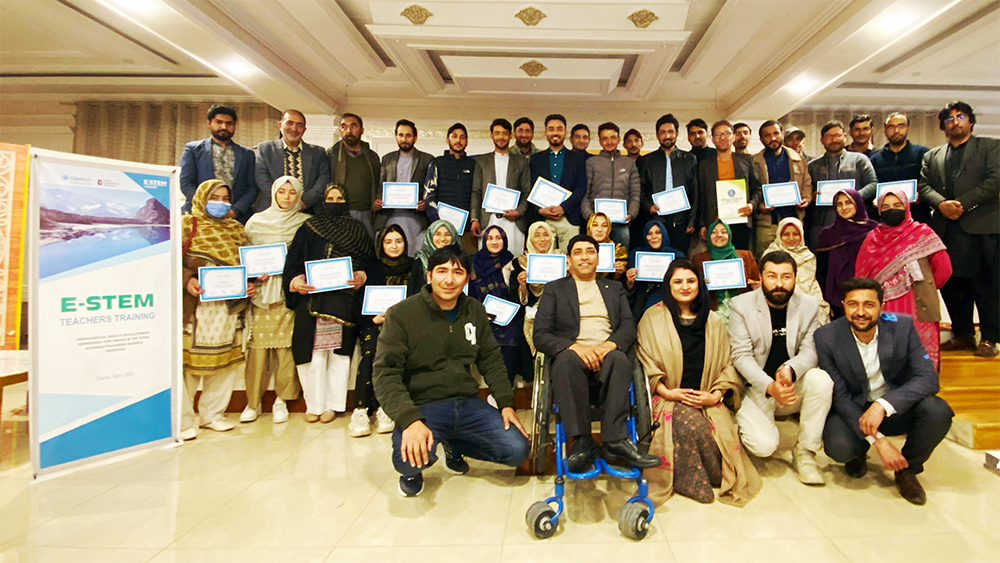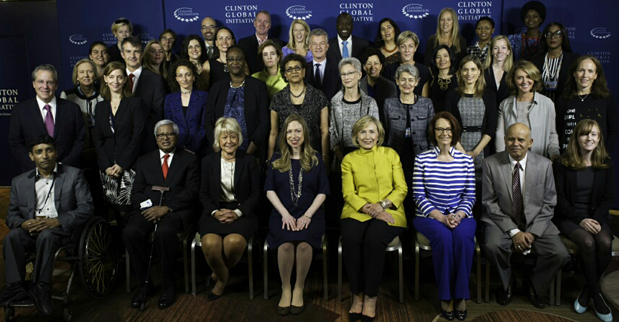GRACE Organizes 5-Day E-STEAM Teachers Training Workshop in Skardu
GRACE Organizes 5-Day E-STEAM Teachers Training Workshop in Skardu
Skardu, April 10, 2025 — GRACE Association successfully conducted a five-day E-STEAM Teachers Training Workshop from 6–10 April 2025, empowering more than 30 teachers and school administrators from GRACE Public School & College and the STEM School System Skardu.
INSERT 2 PICTURES
The training focused on strengthening teacher capacity in environmental education, STEM tools, digital literacy, design thinking, and inquiry-based learning. Participants engaged in hands-on activities that encouraged creativity, teamwork, and practical problem-solving—equipping them to design lessons that link classroom learning with real-world challenges.
Promoting Inclusive and Future-Ready Education
GRACE’s E-STEAM initiative emphasizes inclusive learning for girls and marginalized students, ensuring equitable access to quality, future-oriented education. The training aimed to build teachers’ confidence in delivering engaging, project-based lessons while fostering climate awareness and nurturing young innovators.
Leadership Remarks
At the closing ceremony, Khadim Hussain, CEO of GRACE Association, appreciated the commitment of teachers and partner organizations.
He noted, “Through E-STEAM, GRACE is transforming teaching practices and preparing our children—especially girls—to become innovators and responsible future leaders. This training marks a step toward long-term systemic change in our mountain communities.”
About GRACE’s E-STEAM Initiative
The award-winning E-STEAM program integrates entrepreneurship, science, technology, engineering, arts, and mathematics to enhance 21st-century skills, environmental literacy, robotics learning, and project-based education. Supported by global partners, the program continues to expand across schools in Gilgit-Baltistan.




